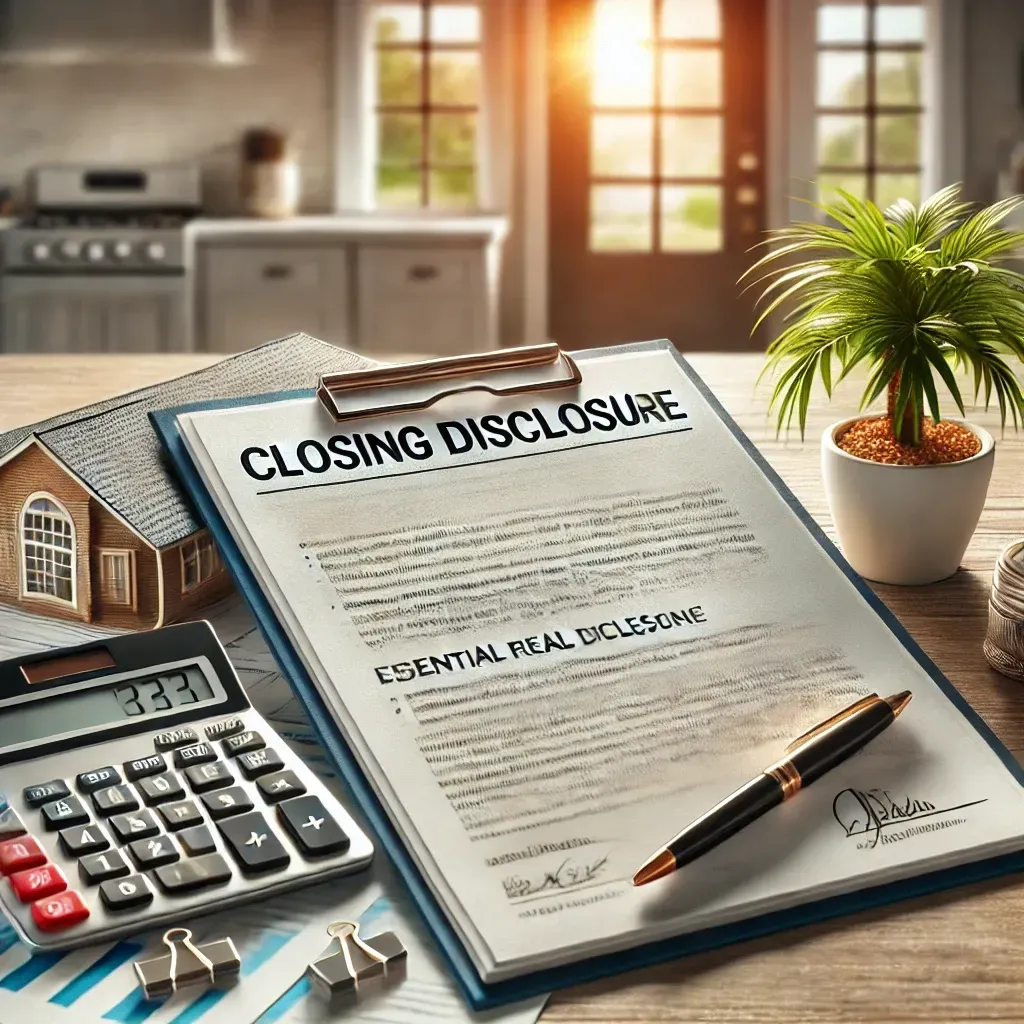
Understanding the Closing Disclosure in Florida Real Estate
The Importance of the Closing Disclosure
When purchasing a home in Florida, understanding the Closing Disclosure is essential. This vital document contains final details about the mortgage terms and closing costs and is provided to buyers three days before closing. Grasping the implications of the Closing Disclosure can protect your investment and help prevent costly errors in one of life’s most significant pursuits.
A Critical Resource
Real estate experts stress the importance of the Closing Disclosure in ensuring transparency during transactions. By thoroughly reviewing this document, buyers can confirm that the terms align with their expectations, making it indispensable for successful property purchases in Florida.
What is a Closing Disclosure?
The Closing Disclosure (CD) is a standardized form that outlines the details of your mortgage loan, including loan terms, projected payments, and closing costs. It serves as a financial guide for buyers and sellers alike, making it easier for everyone involved to understand the financial obligations of the transaction.
Key Contents of the Closing Disclosure
The Closing Disclosure encompasses several integral components:
- Loan Terms: This section breaks down the specifics of your loan, including type (fixed or adjustable), duration (like 30-year or 15-year), any penalties for early repayment, and other key features.
- Projected Payments: Here, you’ll find detailed monthly payment amounts for principal and interest along with estimates for taxes and insurance costs for the initial five years of your loan.
- Cost of Closing: This crucial section provides an itemized list of closing costs, including:
* Origination charges
* Non-shop services
* Services you can shop for
* Taxes and fees
* Prepaids
* Initial escrow payments
Going to the Closing Table
In Florida, the closing table represents the final step in the real estate transaction, where ownership officially changes hands and the details from the Closing Disclosure are confirmed. Here’s what to expect:
Review and Corrections
All parties involved will carefully review the Closing Disclosure to ensure accuracy, preventing any unpleasant surprises.
Signing Documents
At this stage, multiple documents, including the mortgage note, deed of trust, and the Closing Disclosure, require signatures from the involved parties.
Fund Transfers
Buyers must provide down payments and cover closing costs, while sellers receive their proceeds. All financial transactions are finalized here.
The Real Estate Landscape in Florida
Florida boasts a dynamic real estate market defined by diverse demographics and property types. From luxury condos in Miami to beachfront homes in the Florida Keys, the opportunities abound. However, potential buyers should be aware of several factors:
- Market Trends: Seasonal fluctuations often influence the Florida real estate market, driven by an influx of snowbirds and vacationers.
- Legal Considerations: Familiarity with local laws is crucial, including the usage of standardized forms, like the Residential Contract for Sale and Purchase, and the intricacies of property tax calculations.
- Location Matters: Ideal locations come with unique considerations. Properties near the coast may require flood insurance, potentially impacting mortgage terms laid out in the Closing Disclosure.
Navigate the Florida Real Estate Process with Confidence
For many, the dream of owning real estate in Florida symbolizes an idyllic lifestyle filled with sun and leisure. Yet, having the right support is critical:
- Seek Professional Guidance: Team up with a qualified real estate attorney, agent, or financial advisor familiar with Florida law. Their expertise can ensure a smooth transaction and compliance with state regulations.
- Be Prepared: Understand that buying or selling property can take weeks or months. Stay organized and prepared for each phase, particularly the review of the Closing Disclosure.
- Ask Questions: If any section of the Closing Disclosure seems confusing, reach out for clarification. It’s essential to have a clear understanding before reaching the closing table.
Conclusion
The Closing Disclosure is not just a formal requirement but rather your financial roadmap throughout the real estate transaction process. Taking the time to comprehend this document empowers you to make informed decisions, ensuring financial stability in the long run. In Florida, where every sunset is an opportunity for new beginnings, grasping the particulars of your real estate deal is vital for turning your dream into reality.
NOTICE: The content provided in this post is for informational purposes only and should not be considered legal or financial advice. For specific guidance, consult with a qualified attorney or CPA regarding your individual circumstances.



